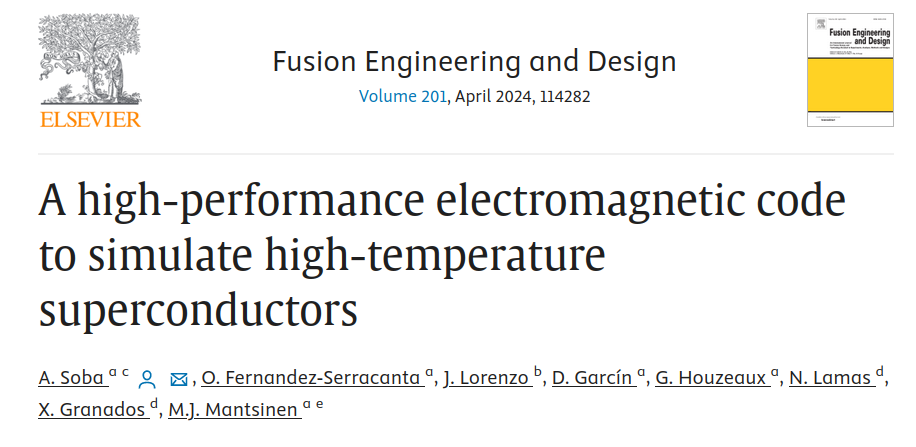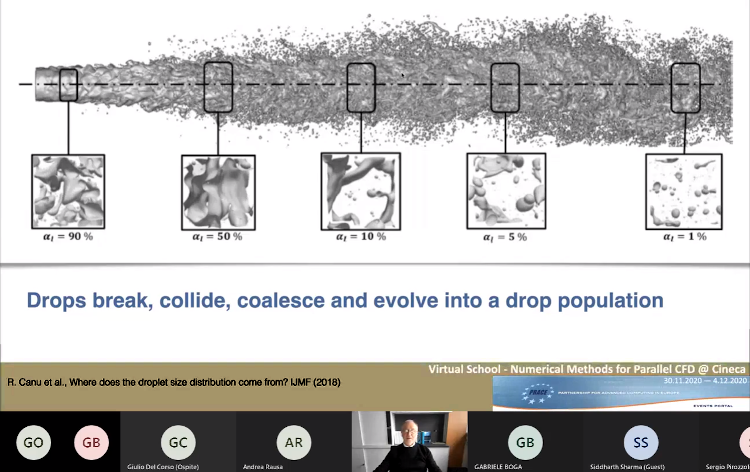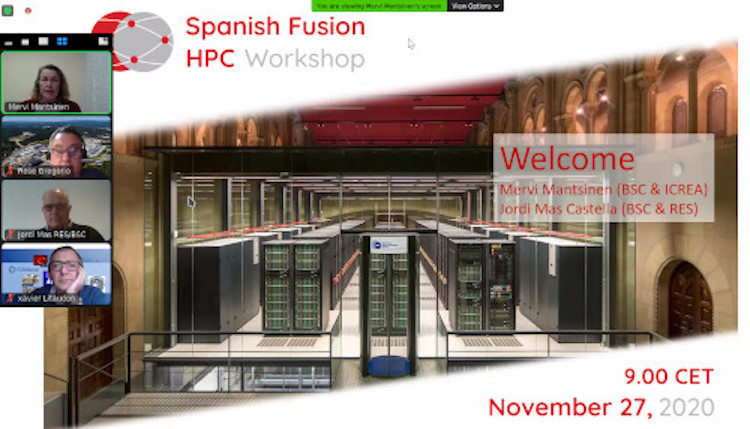
In the realm of computational research, a new tool for HTS simulation has emerged: MAGNET. MAGNET stands as a revolutionary module designed for simulating the magnetic behavior of High Temperature Superconductors (HTS). Embedded within the renowned Alya suite, a software developed by the Barcelona Supercomputing Center (BSC) and optimized for High-Performance Computing (HPC), MAGNET has recently undergone benchmarking that unveils its potential.



